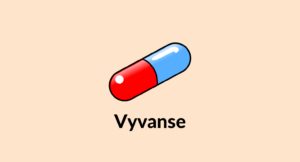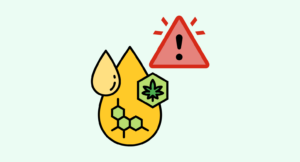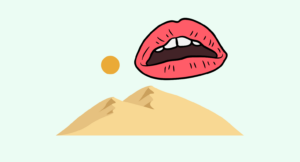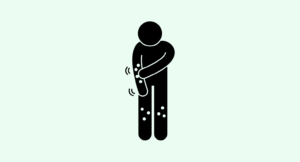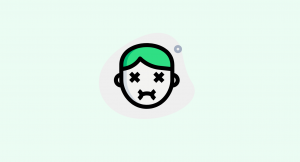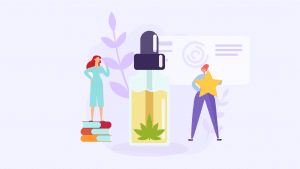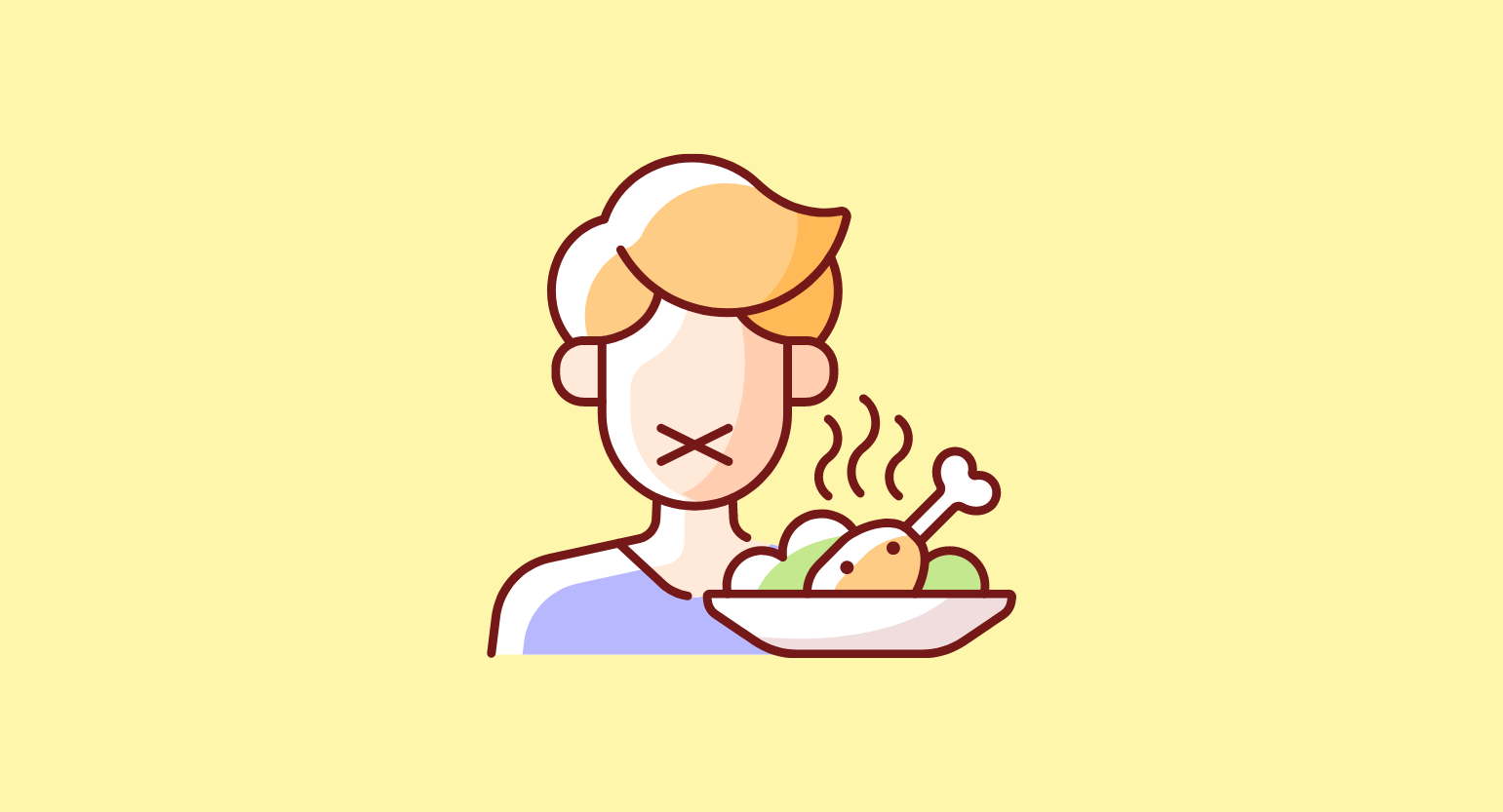
Evidence based
Does CBD Make You Hungry?
Can CBD oil help stimulate appetite? — no, but here are several other cannabinoids that do.
Because cannabidiol (CBD) comes from the same plant that gives us the term “the munchies,” many people mistake the compound found in oils, gummies, and vape products, as a hunger stimulant.
However, the munchies are specific to tetrahydrocannabinol (THC), and the urge to eat everything in sight is linked with THC and the CB1 receptor.
CBD doesn’t have an affinity to bind to CB1 or CB2 receptors in the endocannabinoid system (ECS) to alter our feeding behavior.
What Regulates Our Hunger?
The hypothalamus, aptly nicknamed the master switchboard, controls our hunger sensation, thirst, energy levels, body temperature, sleep cycle, sex drive, and much more.
According to set-point theory, we’re genetically programmed with an optimal weight range to maintain the best function of our bodies. The hypothalamus’ job is to keep us within this ideal range by turning on and off hunger signaling cues — to help us stay within homeostasis (balance).
For regulating hunger, the hypothalamus gets information from our blood sugar (glucose) levels, stomach and intestines content, and hormone activity.
Hunger is an essential part of our survival. It makes us seek resources to fuel our biological functions, but there are times that this system can get hijacked.
We can end up eating more food than we can use for energy, resulting in weight gain, or we lose appetite altogether, which also poses health risks as you’re not giving your body the nutrients it needs to function.
The hypothalamus contains nerve cells that, when activated, produce the sensation of hunger by releasing two proteins, neuropeptide Y (NPY) and agouti-related peptide (AGRP).
External and internal cues can activate this region in the hypothalamus.
Environmental influences on our appetite include:
- Social interactions
- The smell of food
- Scheduling meals
- Even something as subtle as how the food is presented
Physiological influences on our appetite include:
- Energy requirement changes from increased exercise
- Hormonal changes
- Pregnancy
- Dysfunction of systems that regulate hunger and the metabolism
- Medication

CBD May Affect Your Appetite Differently
The effects of CBD may present themselves differently depending on the individual.
CBD works closely with the endocannabinoid system (ECS) to help it perform its duty to maintain homeostasis. Everyone’s level of homeostasis will be different depending on genetics, lifestyle factors, and stress levels, which is why some people may experience appetite suppression when taking CBD while others may experience an increase in appetite.
Our link to our appetite may also be an emotional or psychological one [1].
When it comes to emotion-based eating, CBD may help increase or decrease hunger simply through its ability to regulate stress levels and uplift mood. What’s more, CBD may also help treat symptoms of depression. Many people who experience depression notice a change in their appetite.
Because human research on CBD and appetite on CBD is so limited, we don’t understand the full scope of CBD’s effects on appetite. However, we can point at some of the ways CBD may change appetite and share three cannabinoids known to induce hunger.
How Can CBD Potentially Increase Appetite?
While CBD itself isn’t considered an appetite stimulant, it may have some effects that indirectly affect our appetite.
1. CBD Oil May Help Reduce Stress & Anxiety
Many people have started turning to CBD products as a gentle and natural way to manage stress symptoms, anxiety, and depression. People under a lot of stress or diagnosed with mood disorders often present with changes in appetite and eating habits.
The central nervous system activates the fight-or-flight response, releasing cortisol hormones into the bloodstream when we’re stressed. Cortisol suppresses our appetite so that we can shift focus on energy expenditure to either fight or run away for our survival [2].
It’s very unlikely we’re going to encounter a hungry tiger that we have to fight or run from today. However, this survival response is still very active, and it responds to psychological stressors in our modern world, such as financial difficulties, relationships problems, work stress, and social anxiety.
Proper stress management is a long-term way to improve a normal appetite. CBD increases GABA activity in the brain, which counteracts the stress response like a brake pedal [3].
2. CBD May Reduce Stomach Discomfort
It’s hard to have any appetite when you’re feeling nauseous or dizzy.
Preclinical trials have found CBD effective at quelling the urge to vomit, dizziness, and vertigo [4].
Inner-ear damage, health conditions, medication, and cancer treatment can induce nausea and vomiting, affecting one’s appetite. Calming these symptoms may be enough to allow people to regain some appetite to nourish their bodies properly.
CBD is the only cannabis-derived compound that’s widely available and federally legal for this application. However, most people find more luck stimulating their appetite with THC.
CBD May Suppress The Appetite
The effects of CBD aren’t as black and white as you might think. Because everyone’s genetics, lifestyle, and experience with CBD can vary so drastically, so can the effects of CBD.
More people experience appetite suppression with CBD than they do with any stimulating effects. Some researchers even suggest that it may be a helpful compound in supporting weight loss — but there’s not enough research to substantiate these claims.
Let’s briefly cover some of the ways CBD may reduce the appetite.
1. CBD Improves Hypothalamus Sensitivity
The hypothalamus decides whether we need to eat more or when we’ve eaten enough. CBD has been shown to suppress a ravenous appetite by increasing hypothalamus sensitivity to external factors [5].
If the hypothalamus believes we have enough energy stores to maintain metabolic processes, it won’t send signals that tell us to eat. Some people who strongly believe in CBD for weight loss say that the key to curbing unnecessary cravings is improving the hypothalamus’ signaling abilities.
2. CBD May Boost Mitochondrial Function
The mitochondria are the “powerhouse of the cells.” It’s the main source of ATP production — the energy our cells require to perform every function.
CBD has been shown to directly impact mitochondria that regulate calcium levels in the blood, needed for ATP synthesis [6]. Boosting mitochondrial function makes it more efficient at transforming the fat and sugars we eat into energy for our cells. The theory is that if we’re more efficient at using the energy we consume, our cravings are reduced.
It’s important to remember that there’s not enough evidence to support that CBD makes a good appetite suppressant for significant weight loss on its own, either, so it’s best to err on the side of caution when shopping for CBD products that claim to help with weight loss goals.
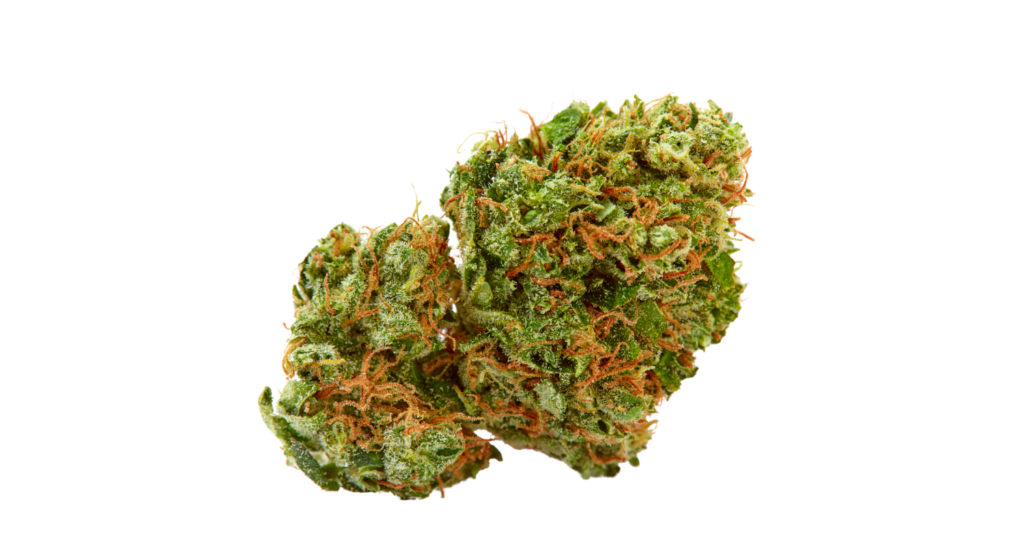
CBD Isn’t The Best Appetite Stimulant, But Here Are 3 Cannabinoids That Are
CBD is unreliable as a way to boost your appetite. It inhibits appetite in some and increases appetite in others — but only under very specific conditions.
Here are three other cannabinoids that offer much more utility as an appetite stimulant than CBD.
1. Delta 9 THC
Delta 9 THC is the most abundant cannabinoid in marijuana plants. It has a high affinity to bind to CB1 receptors in the central nervous system to alter our senses, perception of time and induce a euphoric mood.
THC’s interaction with the CB1 receptors lights up the same complex area in the brain that regulates our feelings of hunger and energy balance by promoting the release of the hormone ghrelin — a.k.a the hunger hormone [6].
Additionally, the elevated mood and responsiveness to light, scent, and sound can increase food appeal, enhancing flavor. Enhanced perception of food can make us want to eat when we otherwise didn’t have an appetite, to begin with.
2. Delta 8 THC
There are many variations of THC. Delta 9 is the most abundant, and delta 8 THC is a close second.
Delta 8 THC also has stimulating effects on the CB1 receptors in the brain that elicit intoxication and increased appetite, though not as strongly as delta 9 THC does.
Many people report that the effects of delta 8 are much more subdued and calm than the marijuana high, which is why people enjoy using it for a more focused, productive high.
Since delta 8 and delta 9 are both the same cannabinoid but different isomers, it’s understandable that they would have a very similar effect profile. Interestingly, delta 8 THC is considered legal, while delta 9 is not.
This is because of the interpretation of the 2018 Farm Bill that legalized the production and sale of industrial hemp crops and their derivatives, including delta 8.
There is no mention of delta 8 THC’s specific legal status in this Farm Bill, so it lives in a legal grey area. It’s considered technically legal as long as it’s harvested from Farm Bill-compliant hemp crops. Some states have regulations on THC, and it can be illegal depending on which state you live in.
3. CBG
CBG stands for cannabigerol. It’s known as the “parent cannabinoid” because it’s the precursor to CBD and THC.
CBG has also been shown to stimulate the appetite. In preclinical studies, CBG is safe and well-tolerated for increasing appetites in a group of mice [7].
CBG and THC both have an affinity to bind to the CB1 and CB2 receptors that may help to regulate the hormones which alter our mood, appetite, and perception of pain. However, CBG isn’t known to stimulate the CB1 receptors in the brain as effectively as THC does, which is why CBG is considered non-psychotropic.
Some studies have found that CBG blocks some of the psychotropic effects of THC by competing for the same receptors., making CBG a more appropriate compound to increase the appetite without any mind-altering effects.
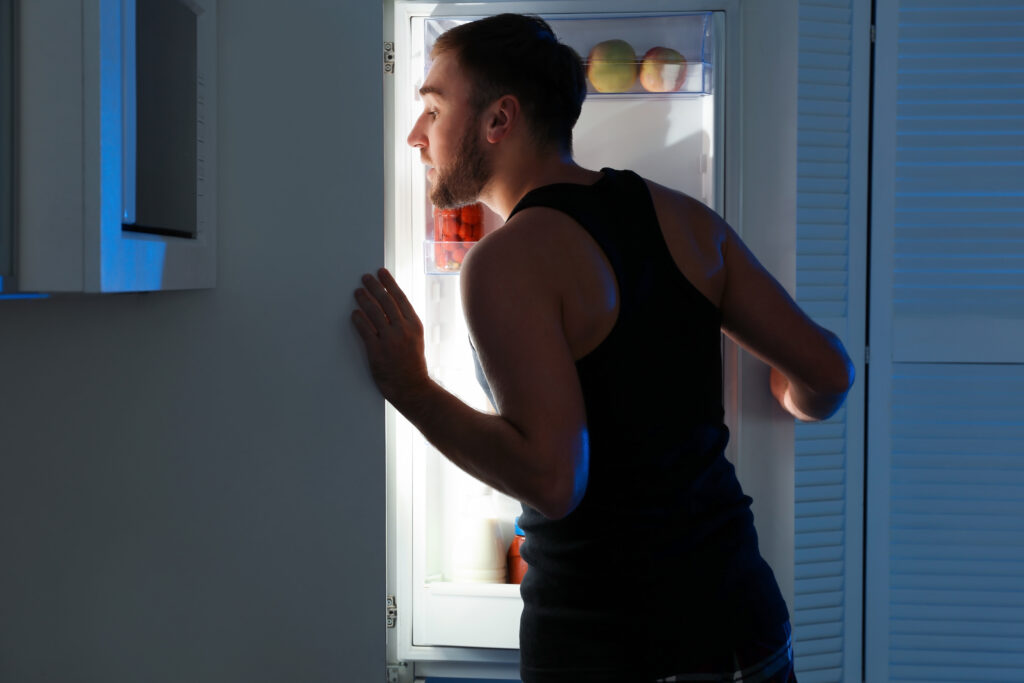
The Takeaway: Can CBD Make You Hungry?
CBD is an interesting compound because reports of its use can vary significantly from one person to the next while still being well-tolerated and safe.
When looking for evidence that CBD can increase appetite, there’s very little we can definitively pull away.
CBD can interact with mitochondrial function, support our stress response, and inflammation to indirectly affect our energy metabolism and perhaps influence our eating behavior. However, CBD is not as effective at increasing appetite as THC and CBG.
THC isn’t for everyone because of its potent psychotropic effects and illegal status in the United States. However, a legal, more subtle version of THC, delta 8 THC, seems like a promising cannabinoid that people can turn to for appetite stimulation.
Because delta 8 is an isomer of the THC we know and love, the psychoactive effects of delta 8 may still be too much for most. In which case, CBG extract could be your best bet for appetite stimulation. It activates the same receptors as THC to boost mood and stimulate the brain’s food control centers with ghrelin release without the high.
Resources
- Macht, M. (2008). How emotions affect eating: a five-way model. Appetite, 50(1), 1-11.
- Chao, A. M., Jastreboff, A. M., White, M. A., Grilo, C. M., & Sinha, R. (2017). Stress, cortisol, and other appetite-related hormones: Prospective prediction of 6-month food cravings and weight changes. Obesity (Silver Spring, Md.), 25(4), 713–720. https://doi.org/10.1002/oby.21790
- Pretzsch, C. M., Freyberg, J., Voinescu, B., Lythgoe, D., Horder, J., Mendez, M. A., … & McAlonan, G. M. (2019). Effects of cannabidiol on brain excitation and inhibition systems; a randomized placebo-controlled single-dose trial during magnetic resonance spectroscopy in adults with and without autism spectrum disorder. Neuropsychopharmacology, 44(8), 1398-1405.
- Parker, L. A., Rock, E. M., & Limebeer, C. L. (2011). Regulation of nausea and vomiting by cannabinoids. British journal of pharmacology, 163(7), 1411-1422.
- Ryan, D., Drysdale, A. J., Lafourcade, C., Pertwee, R. G., & Platt, B. (2009). Cannabidiol targets mitochondria to regulate intracellular Ca2+ levels. Journal of Neuroscience, 29(7), 2053-2063.
- Bermudez-Silva, F. J., Romero-Zerbo, S. Y., Haissaguerre, M., Ruz-Maldonado, I., Lhamyani, S., El Bekay, R., … & Cota, D. (2016). The cannabinoid CB1 receptor and mTORC1 signaling pathways interact to modulate glucose homeostasis in mice. Disease models & mechanisms, 9(1), 51-61.
- Brierley, D. I., Samuels, J., Duncan, M., Whalley, B. J., & Williams, C. M. (2016). Cannabigerol is a novel, well-tolerated appetite stimulant in pre-satiated rats. Psychopharmacology, 233(19), 3603-3613.
